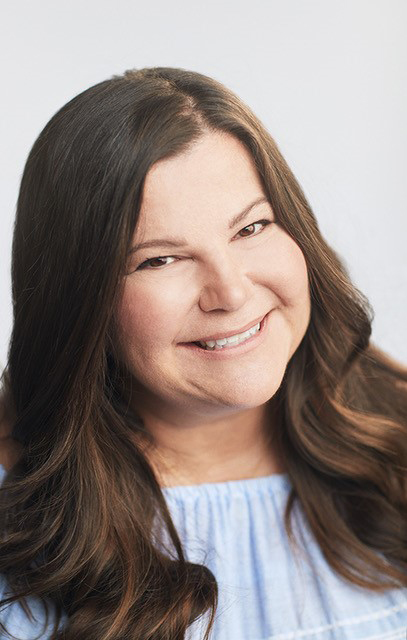
Monica Ruffo (BCom’86) doesn’t like the state of health supplements. While she was undergoing treatment for breast cancer, she began to dive deeper into her longstanding interest in health and wellness. “While looking into supplements, I realized I couldn’t actually understand what was written on the labels,” Ruffo says. Further research revealed a lack of legal framework surrounding the use of the word “natural” in Canada and the U.S., and, in fact, most supplements labelled so are hardly natural at all. Even worse, the companies aren’t obligated to say where their ingredients are sourced.
Ruffo knew something had to be done – so she went back to school, earning a Plant-Based Nutrition Certificate from Cornell University. Recently, she launched welltold.com, an online organic apothecary that produces small-batch supplements from organic whole foods without fillers, synthetics or soy. The products went on sale to customers in the U.S. and Canada simultaneously, and though she says that those two markets will be good to go in the short-term, Ruffo has her sights set on the UK and EU as well, because those markets are “interested in everything certified organic.”
Because of the novel nature of her supplements, Ruffo, who is careful to note that she isn’t a naturopath, had a hard time finding a producer at first. Of the 37 facilities she contacted, she says that 35 of them “said that making supplements without synthetics or fillers could not be done – or you’ll never make any money.” Finally, she found a Toronto-based production facility and started the hard work of sourcing certified organic ingredients.
But the sustainability aspect is not just limited to the supplements themselves. Ruffo points out that the packaging and bottles are also sourced with sustainability in mind. That means recycled paper labels, water-based ink and even more hurdles.
When asked about how her earlier career prepared her to found Well Told Health, Ruffo credits her marketing background with giving her the know-how for not only making sure that her product was solid, but for also creating “a strong, differentiated brand in a very cluttered industry. In a way,” she adds, “everything I had done up until then prepared me to create Well Told Health.”
She also credits a lifelong passion for health and wellness, and her breast-cancer diagnosis, with giving her the impetus to explore the marketspace, not to mention her previous experience working for the Heart and Stroke Foundation and the Canadian Cancer Society. On a more formative level, Ruffo points to her Desautels experience as a major step up, saying that “My BCom gave me all the foundational elements that I required for my career.” She also lauds the networking opportunity it afforded her: “While you’re at McGill, you just think they’re friends and don’t realize until later how important those networks can be, especially when starting a business.”
